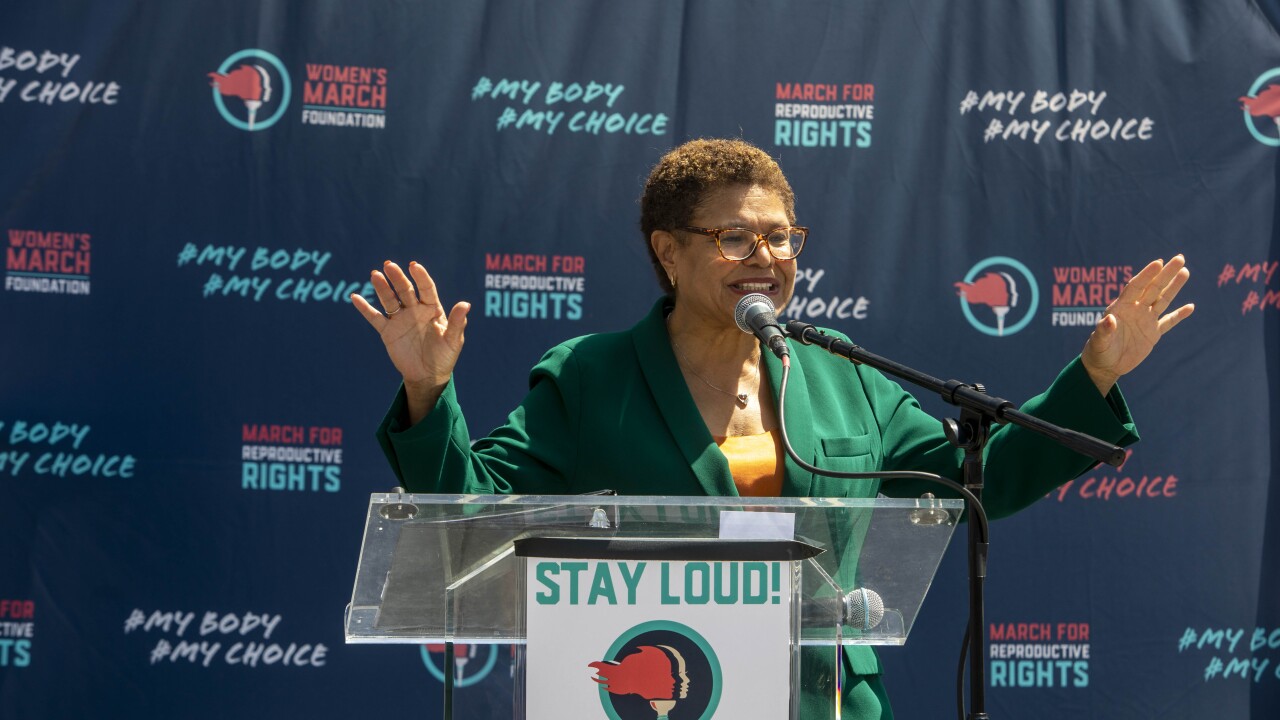SAN FRANCISCO — California Gov. Jerry Brown has signed a new law giving San Francisco special exemptions to form a tax district on its waterfront to help reimburse the city for the America’s Cup and pay for other projects.
Assembly Bill 664 allows the city to form an infrastructure financing district, or IFD, on the waterfront to include America’s Cup venues that will grab property tax growth to help pay for various projects by selling bonds backed by incremental tax growth.
It excuses the city from the most arduous part of forming such a district: voter approval.
“It’s kind of a poor man’s [redevelopment agency] in the sense that they have set up their own special tax-increment district,” said Stephen Ryan, a property tax expert and partner at Cox Castle & Nicholson in San Francisco.
Redevelopment agencies are prominent in California as a way to fund targeted improvements financed with incremental tax revenue within the district. Voter approval is not required for RDAs.
Ryan said infrastructure financing districts are somewhat inflexible because of voter approval and other requirements, which the city “did an end run around” with the special legislation.
Normally, California cities and counties must obtain two-thirds voter approval to create an IFD and issue bonds to pay for public works projects using tax-increment financing. They also need a majority of voters to agree to set appropriations limit. TIF is incremental property tax revenue growth in the district from rising real estate assessments.
San Francisco will get a portion of the tax increment normally given to the state to pay for education, and use it to help fund the new waterfront projects as a form of reimbursement for the costs of the America’s Cup, a prestigious international event.
The legislation was driven by the upcoming 2012 America’s Cup international yachting championship.
“The city is probably going to spend more than $150 million to prepare the waterfront for the America’s Cup,” said Brad Benson, special projects manager at the Port of San Francisco. “But the tax benefits flow not just to the city but to the state.”
San Francisco officials estimate the America’s Cup will create 8,800 jobs and add nearly $1.4 billion to the region’s economy. The event will include two separate nine-day regattas in late summer next year.
Benson said the city has been granted up to a $1 million a year for up to 45 years in the from of tax increment from the state to help recoup some of the costs of the sailing event.
Event organizers will also spend private money to develop the site.
The city plans to develop several of the pier venues that will be used by the America’s Cup five to 10 years after the event, including a new cruise ship terminal at Pier 27.
The bill also requires related bonds be sold through a negotiated sale through the California Infrastructure and Economic Development Bank. The city’s Board of Supervisors would have to approve a resolution before issuing the debt.
But Benson said San Francisco is unlikely to issue any debt tied to the new district for five years.
Legislation passed last year also gave the city the power to form an infrastructure financing district to help pay for the 65-acre Pier 70 redevelopment project.
In 1990, then-Gov. George Deukmejian signed the bill authorizing an infrastructure financing district with voter approval requirements.
In 1998, Carlsbad formed a district to fund public works for a new hotel and the Legoland theme park.
To date, it is the only finished IFD project.





